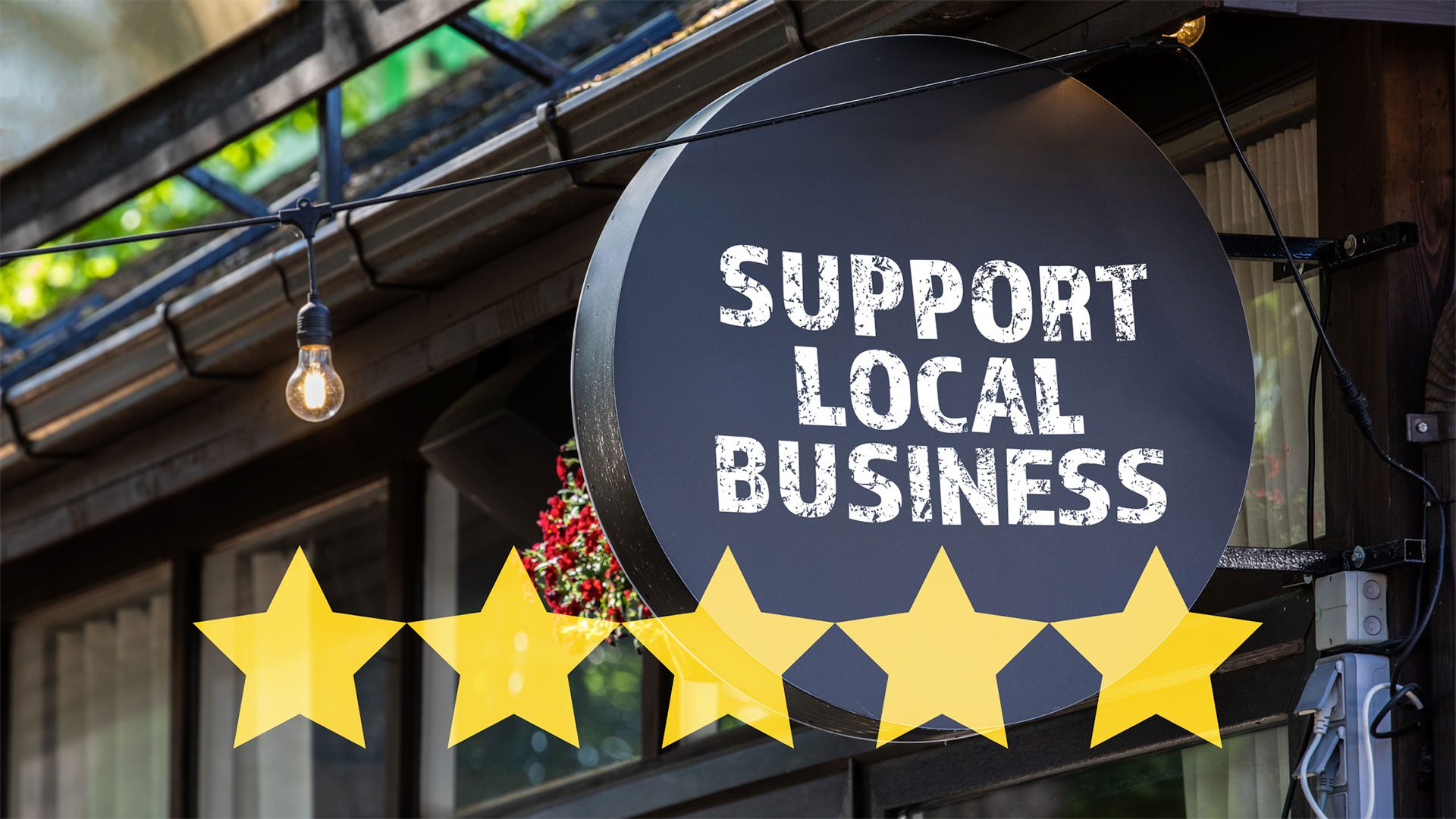When local SEO is handled correctly, it can be extremely effective at driving traffic and leads to your business. That can cause your business to grow and thrive, as more of the local community becomes aware of the services and goods you can provide. However, if you make a misstep here and there, you can nullify all the good that you’ve done by generating greater visibility in your neighborhood.
Below are some of the most common local SEO mistakes that business owners make while attempting to reap its benefits. If you can manage to avoid these blunders, you should enjoy some considerable benefits from your efforts to increase traffic from local customers.
Not Localizing Keywords
It’s important to actually localize your keywords when used in the content, so consumers have an idea of where you are. If you were to select ‘best public speaker’ as your target keyword, you wouldn’t get much mileage out of it, because no one knows where you are. By changing that to ‘best Detroit public speaker’, you’ve narrowed down the search considerably and a lot more traffic will likely be coming your way.
No Customer Reviews
Many business owners treat customer reviews as a luxury, not a necessity. The truth is that customer reviews are much more than a ‘nice-to-have’ kind of testimonial for your business – many consumers use these customer reviews to guide their actions because they trust the word of a fellow customer like themselves.
Reviews help to build trust and to create customer interest, so you should view them as a high priority, and you should be trying to secure as many as possible for your website, your online profile, or your social media persona.
Inconsistent Static Data
Static data contains your company name, address, phone, and website. When you have several listings online and the data across these listings do not match exactly, it can be very confusing for potential customers and one of the biggest local SEO mistakes. There are all kinds of reasons why this data might get out of sync, but if it does, you’ll probably suffer for it, because you’ll leave customers scratching their heads and they might just abandon the effort.
Whenever you’re creating a new address or updating an old one, be sure that it matches your existing data.
Missing Directory Profile
If you choose to submit your business info to a single directory, for instance, Google My Business, you’ll probably derive some noticeable benefits, but by submitting to several directories, you increase your chances of success.
Yellow Pages, Bing Places, and Yelp can also be very helpful for driving traffic to your website, and when you do use these directories, make sure to enter your static data the same across each directory. This will give you maximum exposure locally, and it will help to ensure that local customers have no trouble finding your business.
Ignoring Bad Reviews
If someone gives your business a bad review, you should, first of all, consider it an opportunity. It might well be that the person writing the review had a legitimate complaint about your business, and it’s something that you really should rectify. For instance, if the review criticizes your nonchalant customer service, maybe that’s something that you really need to improve. It might well be that your customer service department has not been providing the kind of service you’d like to have.
You would be much better off by investigating the bad review and finding out if there was any substance to the claim. If so, respond to that customer and assure them that you’ll do a much better job next time. If the bad review is unfair, try to be as tactful as possible in reassuring the reviewer that you always strive for 100% customer satisfaction, and you’ll reinforce that attitude with your employees.
Omitting Backlinks
By now, you’ve probably learned what a premium Google and other search engines place on having backlinks included. So if you haven’t put any in your content, you’re missing a big opportunity. It will increase the authority of your site, and it will show the search engines that other sites consider you to have worthwhile content posted. To promote your local business, you can publish guest posts on other local websites or create content that’s geo-specific, and actually attracts other backlinks.
Website Isn’t Mobile-friendly
Nowadays, the majority of searches happen through mobile devices. That makes it absolutely essential that your website is mobile-friendly. This will allow everything to get a clear and adequate display on the screen.
If your site is only optimized for desktops, you’ll probably have a lot of abandoned searches for those who are using mobile devices. Your site should be fast, easy to navigate, and have clear CTAs, regardless of the device that is doing the searching.
Poor Content on your Website
Having poor quality on your website can be the fastest turnoff for any visitor to your site. If what you’ve posted there has no value to users, and does not somehow inform them or solve a problem, they’ll almost certainly go somewhere else.
It’s not enough to include great keywords if your content is sub-par. To get a high-ranking site, your content needs to be relevant, accurate, interesting, and keyword-focused. This is true whether the content is from your main pages, sub-pages, or even your blogs.
Poor Image Optimization
Make sure the images you include on your website are interesting, and that they support the content you’ve provided. They should also have the alt text filled in since the search engines will be looking for it.
To find out whether or not your site images have been truly optimized, you can use a tool like Screaming Frog or GTMetrix. You might find that you’re missing the alt text, the file size is too large, or your URL is poorly constructed. Make any necessary changes to avoid these local SEO mistakes and then you’ll be sure you have all your bases covered.




